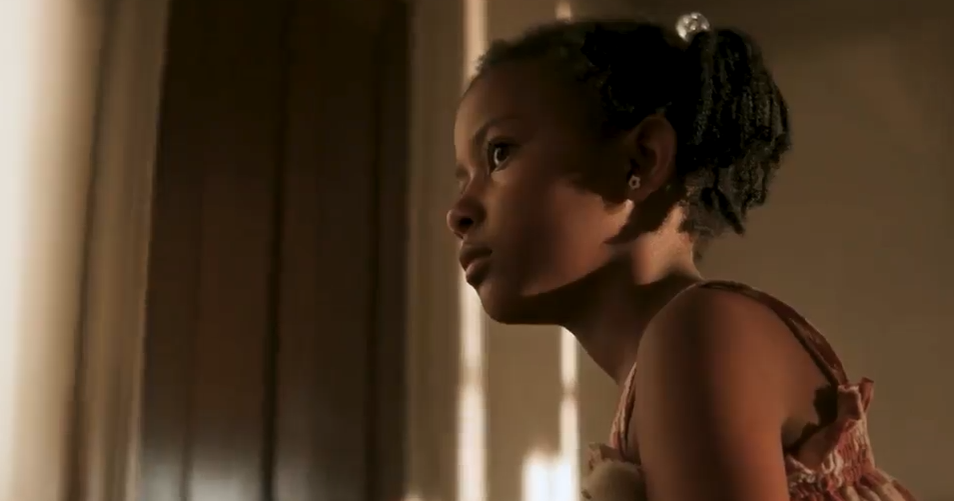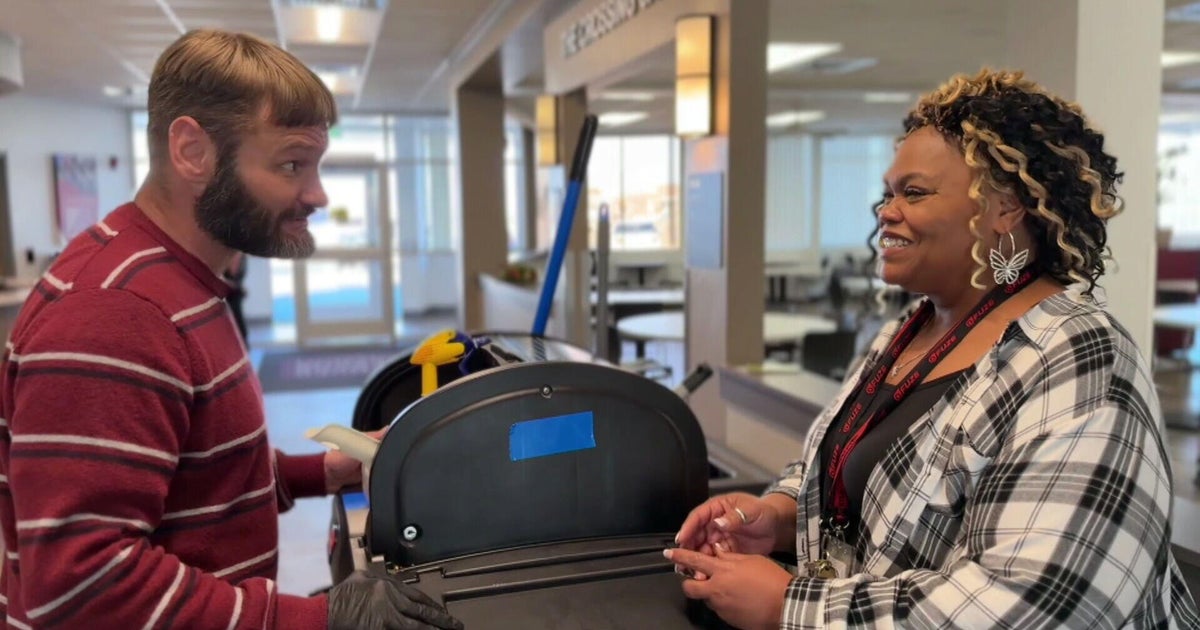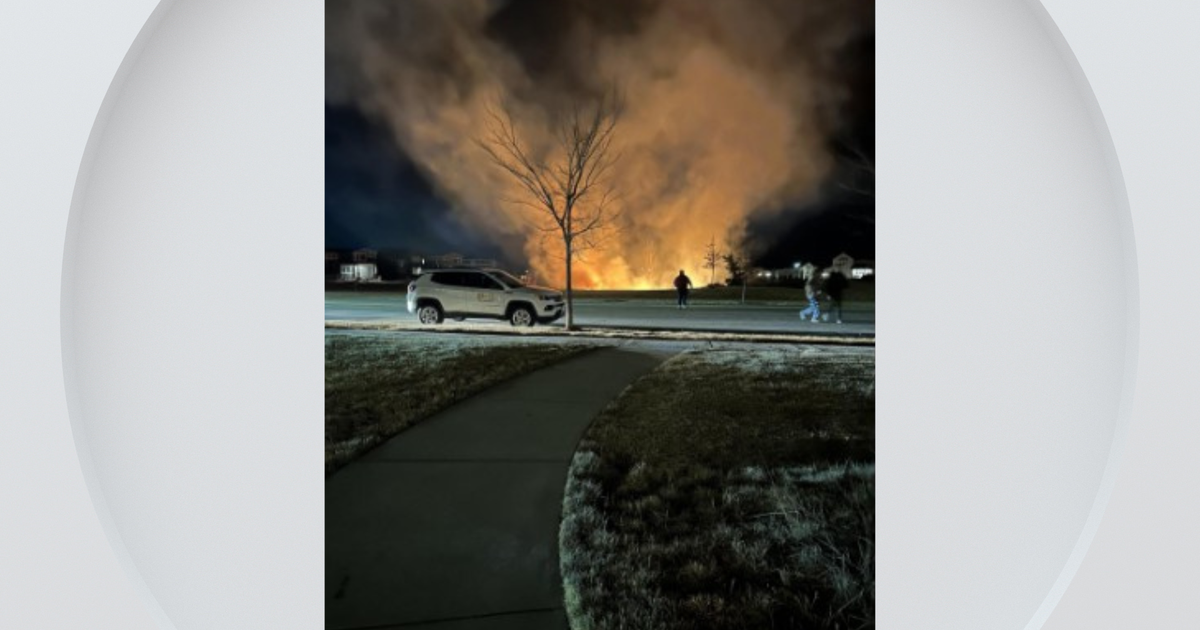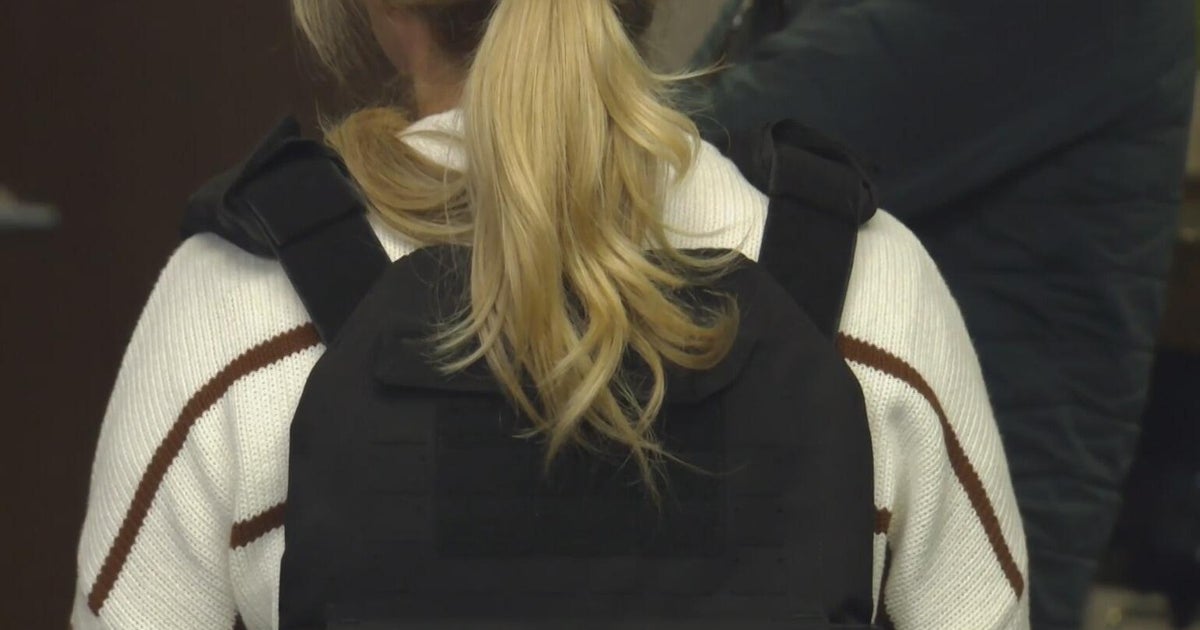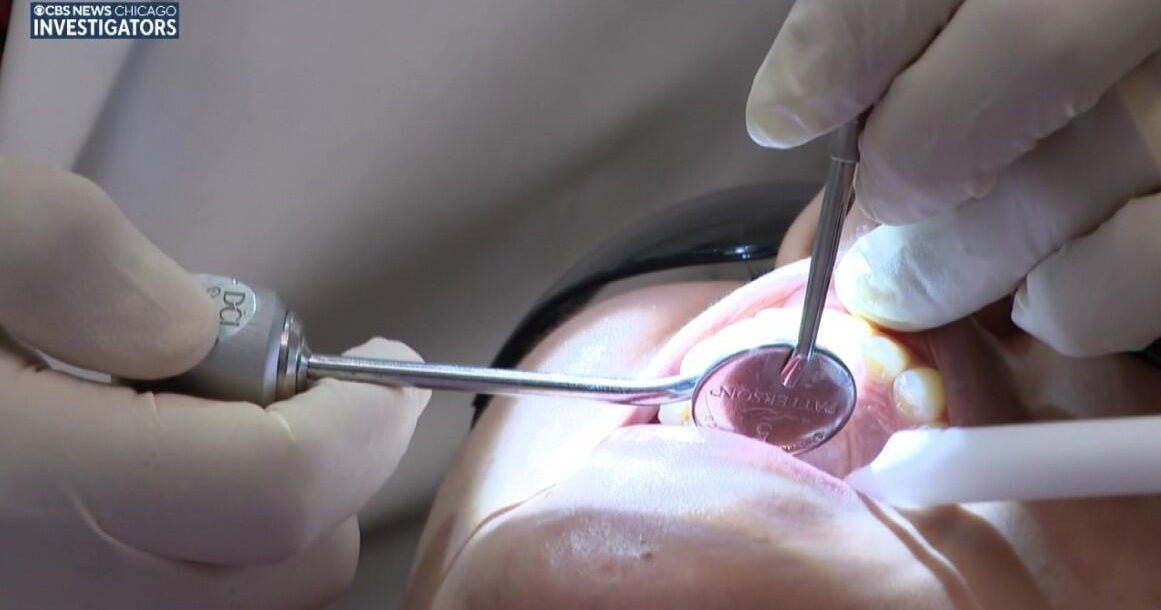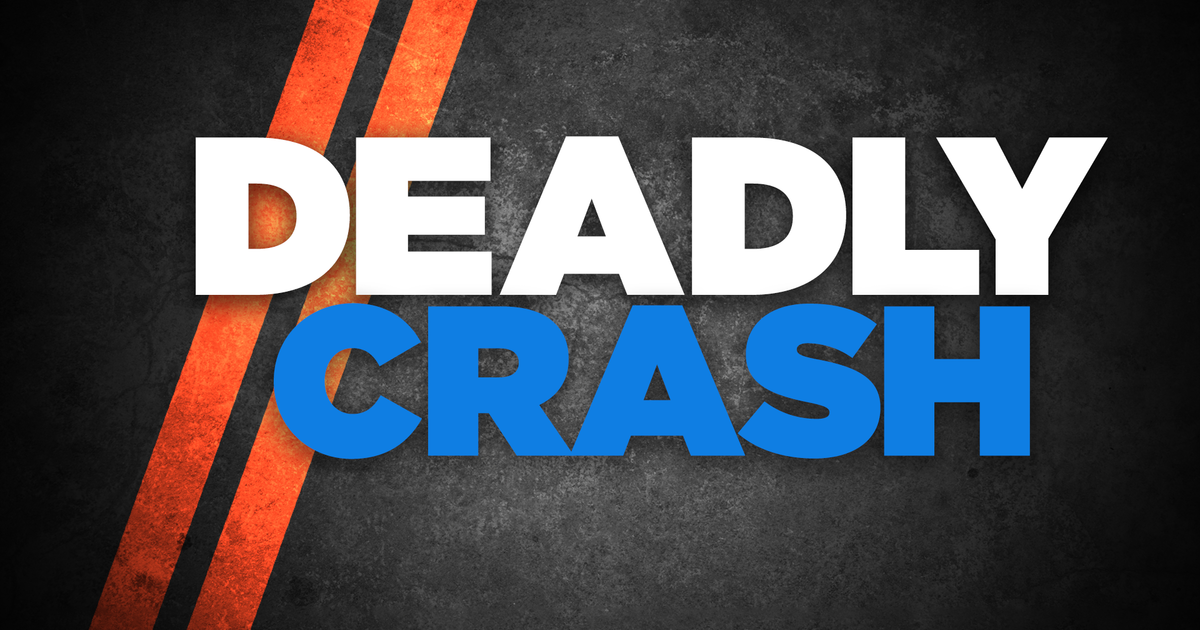HealthWatch: Bone Density
NEW YORK (CBS 2) -- Bone density tests are recommended for all women age 65 and older, and for younger women with certain risk factors. The test measures the amount of minerals in your bones and gives you an idea of your risk for breaking bones as you get older. As CBS 2's Dr. Max Gomez reports, it's a test you don't want to ignore.
Until Katie Kelly got a bone density test in her early 50's, she didn't realize she had the beginnings of osteoporosis or thinning bones. Especially since she's doing the right things to help keep her bones strong.
"I can't believe it. It came as a shock," she said.
"Things like regular weight-bearing exercise, taking adequate calcium and Vitamin D in your diet can definitely help you prevent bone loss," said Dr. Sujatha Reddy OB/Gyn of the Emory School of Medicine.
Like many women, Kelly has certain risk factors that increase the odds that her bones might fracture.
"Being a petite, thin women is one. Being Caucasian is another risk factor. Some medical conditions put you at higher risk," Dr. Reddy said.
So does a family history, and menopause. "We really think that when a woman goes into menopause, it's the decrease or drop in estrogen which allows the accelerated bone loss," Dr. Reddy said.
Someone with osteoporotic bone could break a hip, a vertabra or other bone. These are extremely painful and disabling.
A broken bone from osteoporosis can be much more than an inconvenience. Studies have found that one out of four people who suffer a broken hip dies within a year. And that number is even higher among the elderly.
Kelly will take medication to help build up her bone and come back for another bone density test in about two years. In the meantime she will up her amount of exercise to three or four days a week and continue taking her calcium and Vitamin D.
That advice is helpful for women of all ages to maintain healthy bones.

